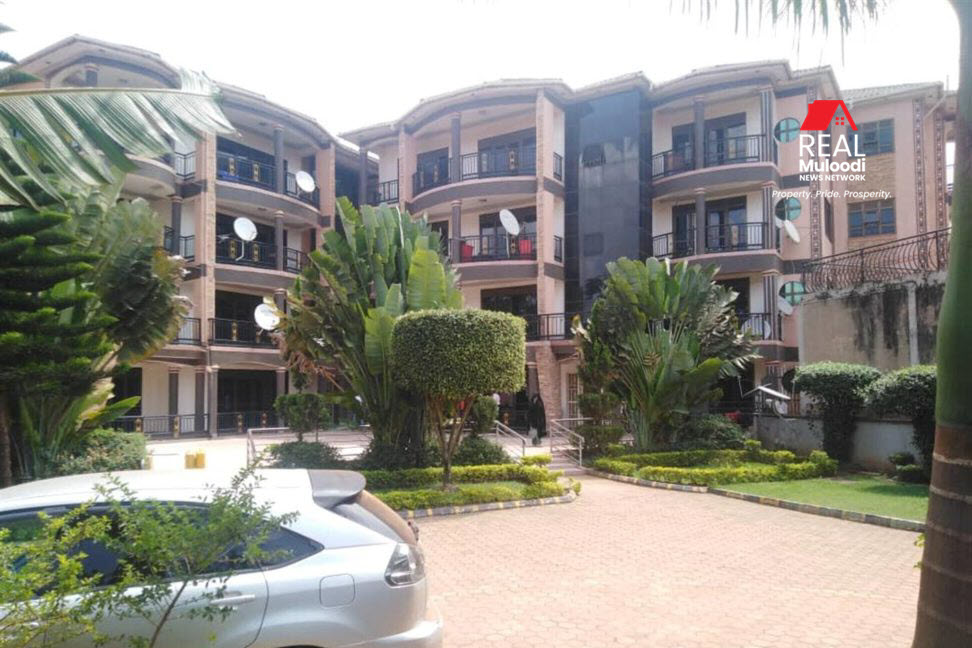
The Guide to Renting a Property in France
At Remitly, we know that moving to a new part of the world can be as stressful as it is exciting, and there will inevitably be a lot of information to take in. That’s why we’ve created this quick, simple guide to renting in France, so let’s get started.
1. Finding the right place to live
Step one is finding the right house, apartment or room to rent. In the old days, this would have been easier said than done, requiring you to contact different letting agents by phone or in person to see what kinds of properties they have to offer. Thankfully, there’s far less hassle involved nowadays. Long before you even move to France, you can look up properties online and take your time to pick out the top contenders that fit your budget.
While it’s possible to look up individual letting agency websites to see what each company has on its books, you’ll probably find it’s easier and quicker to use an online portal that aggregates listings from various different agencies and private landlords. Some of the most widely used are SeLoger, Particulier à Particulier (PAP), and À vendre à Louer. You’ll be able to filter your search by crucial factors like neighbourhood, number of rooms and amenities, and budget.
You might prefer the idea of moving in with housemates. This can be a great way to settle into a new area and make new friends. Plus, it will almost always be significantly cheaper than renting an entire apartment or house. A great site for browsing houseshare options is Whoomies, where the listings are accompanied by profiles written by the current housemates, who often describe their interests and the kind of person they’re hoping will move in. This way, you can assess whether you might be compatible before making your approach.
2. Viewing the property
Preliminary viewings of a property can be conducted remotely via tools like Skype or Zoom, and this may be tempting if you’re considering a houseshare and chatting informally online with the current housemates. That said, it’s very important to arrange an in-person viewing before proceeding with any rental arrangement. When looking at the property, you should ask the following questions:
· Are any bills included?
· Which items of furniture come with the room/apartment/house? (You should ask this even if the property is listed as “furnished”, just to be sure)
· Will you be permitted to re-paint the walls, put up shelves, or make any other superficial changes?
· Is broadband internet set up and included in the cost?
· Who should be contacted if there’s an issue with the house, such as a faulty appliance?
· Are there any special rules for tenants?
3. Providing documentation
Found a property you’re happy with? Great! Now it’s time to look over the tenancy contract. Be aware that the standard tenancy period in France is three years for an unfurnished property, and one year for a furnished property.
You’ll also have to provide some documentation to secure the tenancy, typically including:
· Official ID, such as your passport and/or residence permit.
· Other official ID, such as your residence permit.
· Proof of employment, such as a work contract or reference from your employer.
· Proof of finances, such as recent pay slips and/or bank statements.
· Reference from your previous landlord if you’ve already been living in France.
4. Paying your deposit and first month’s rent
Some payments will need to be made at this point. You’ll usually have to pay at least the first month’s rent in advance. Then there’s the matter of the security deposit.
This is for the benefit of the landlord, and is intended to cover damage to the property, unpaid bills, and any other costs that you can reasonably be held responsible for. Keep in mind that there is a legal cap on how much the security deposit can be. If you’re renting an unfurnished property, the deposit can be no more than one month’s rent. If it’s furnished, the landlord is entitled to request the equivalent of two month’s rent.
It’s important to note that the landlord should not withhold any of your deposit to cover “wear and tear”. That is, the deterioration that can naturally occur to the property and furnishings during the course of your stay. If, at the end of your tenancy period, you feel the landlord is unfairly deducting money from the deposit, or they are outright refusing to return the deposit, you can pass the matter onto the Commission Départementale de Conciliation, which is a government body that attempts to resolve disputes between tenants and landlords. Read More…







